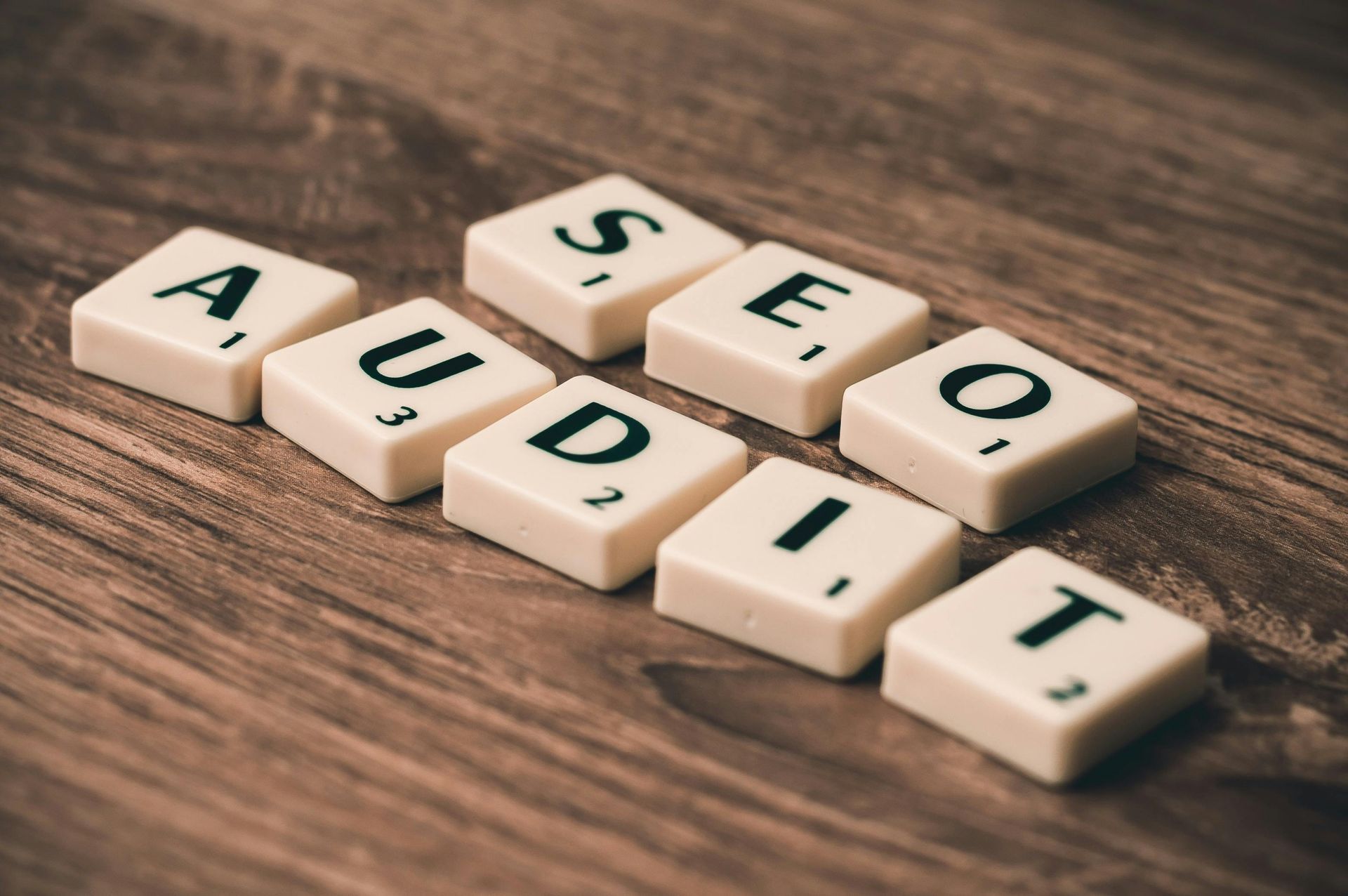Choosing the Right Social Media
“It is better to do one thing well than ten things poorly”
- Heather Hart

If you are starting a business or want to create an online presence for your existing business it can be overwhelming at first to know where to start.
Why is social media important for my business?
In January 2020 there were 3.80 billion people on social media worldwide -
that’s a lot of potential customers!
More people are likely to follow a brand on an app such as Instagram than they are to follow a celebrity. So if you’re not on social media then you could potentially be missing out on a simple, inexpensive and effective way to connect with your audience.
How do I know what social media platform is right for me?
Are You on YouTube ?
- YouTube tops the charts for the most popular platforms with 1,300,000,000 users and 30 million views per day.
- 80% of views are from outside the US.
- In an average month, 8 out of 10 18-49 year-olds watch YouTube videos.
A quick look at Facebook
- Facebook is still one of the most popular platforms with 180 million US and 37 million UK adults online.
- 84% of 25–30 year olds use the platform
- The lowest demographic is the over 65s (46%)
Insights of Instagram
- Instagram is one of the most popular platforms due to its image sharing, story and live capabilities. There are over 24million users in the UK.
- The most popular age bracket for Instagram is the 13-30 year olds. With 72% of 13-17 year olds and 57% of 25-30 year olds using the app.
- If your target audience is the over 65s then this is not the app to use as only 8% are on it.
Looking into Linkedin
- Linkedin is the place to be for professionals but has a smaller daily usage than most other platforms. For example, many people will check Instagram multiple times a day but only 9% of US users check Linkedin more than once.
- 30-49 year olds are the most popular age bracket with 37% of users on the platform
- 18-24 year olds and the over 65s are the least active on Linkedin.
Talking about Twitter
- Compared to other platforms Twitter usage is lower but still has over 16.7 million users in the UK.
- Twitter is ideal for timely content like news and customer service.
- 38% of users are in the 18-29 age bracket closely followed by the 13-17 year olds at 32%.
Picking Apart Pinterest
- With a visual-first focus, this platform is ideal for highlighting products and sharing inspirational or aspirational content.
- There are around 332 million international users on the platform.
- 38% of 18-24 year olds top the user charts with the 30-49 year olds being a close second (35%).
Snapchat
- Snapchat is the place to go if your company appeals to younger audiences and can create short video content.
- There are over 210 million users that are active on the app daily.
- 69% of 13-17 year olds use the app and 41% of teens deem it to be the most important social network.
Shouldn’t I try to reach as many people as I can by being on all of the social media platforms?
Our Top Tips
- Take a few minutes to look into the type of customers you have already, ages, locations etc. This will help you to understand your current demographic and who your service or product appeals to.
- Use our quick guide above to decide which platforms are most popular with your demographic.
- Look at brands and companies that are already on the platform and that have an established social media presence (a large number of followers/subscribers/comments/shares) to see what kind of content works well.
- Come up with a social media schedule to keep you accountable or use a social media scheduling programme to plan ahead.
- Create original content packed with personality and constantly monitor what works and what could be improved.
More Posts.










